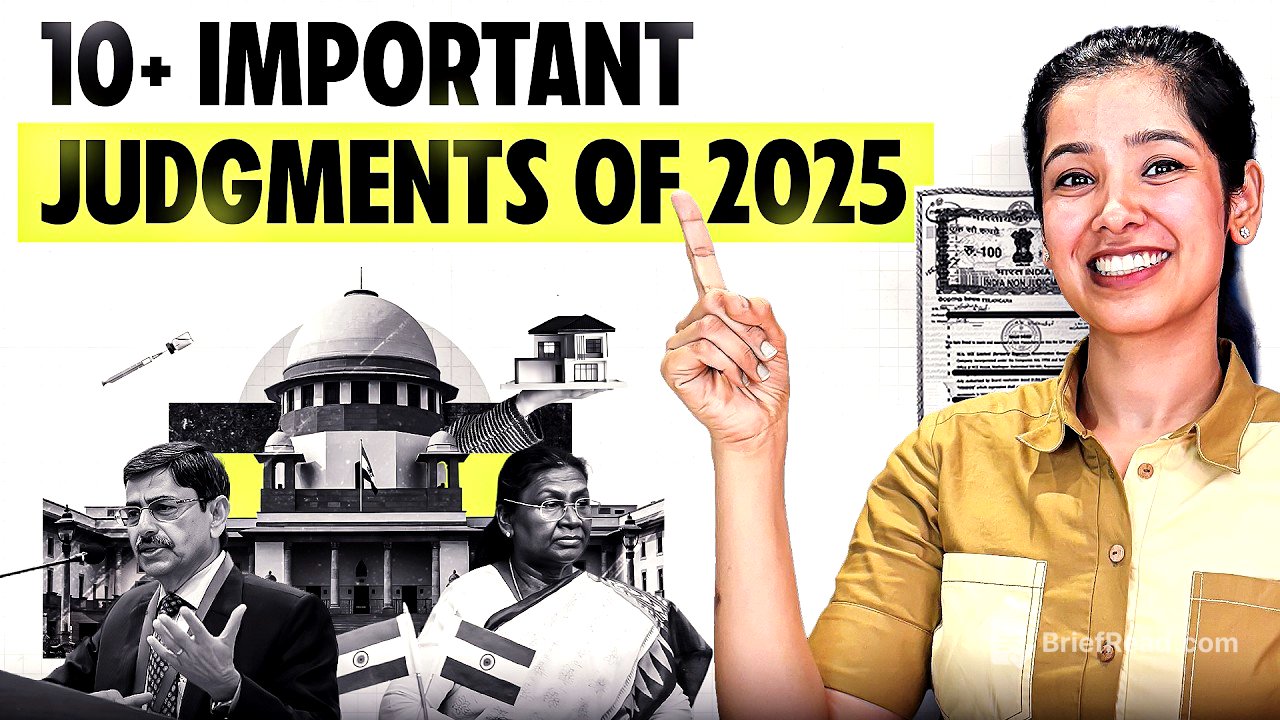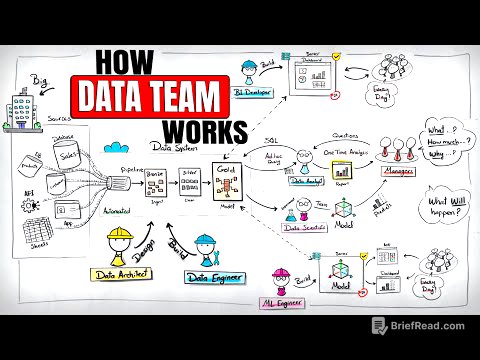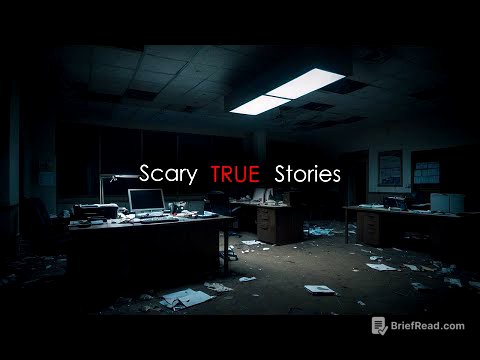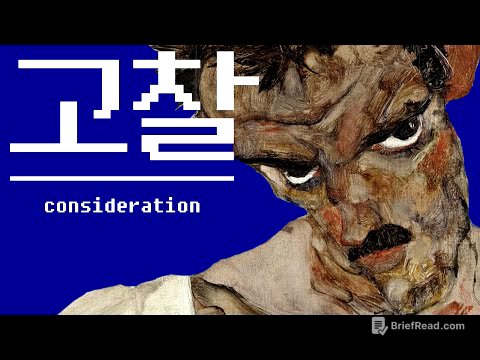TLDR;
This video explains the Supreme Court's judgment in the Amlesh Kumar vs. State of Bihar case (2025) regarding the admissibility and legality of narco-analysis tests. It covers the key facts of the case, relevant legal terms, the landmark Selvi vs. State of Karnataka (2010) case, and the Supreme Court's stance on whether an accused can demand a narco-analysis test to prove their innocence. The video also touches upon the constitutional rights related to privacy and self-incrimination.
- The Supreme Court addressed whether an accused can demand a narco-analysis test to prove innocence.
- The Selvi vs. State of Karnataka case (2010) is a landmark judgment on the admissibility of narco-analysis, polygraph, and brain mapping tests.
- The judgment clarifies the conditions under which narco-analysis tests are legal and admissible, emphasizing the importance of consent and adherence to guidelines.
Introduction [0:00]
Priya introduces a series of videos that will explain the most important judgments of 2025. She outlines the key aspects of each judgment that will be covered, including its impact on the lives of ordinary Indians, the problems it solves, and the main takeaways. She also mentions that PDFs of important cases and links to the next case will be available in the video descriptions.
About the Amlesh Kumar case [0:35]
The video focuses on the Amlesh Kumar vs. State of Bihar case, a criminal law judgment where the Supreme Court addressed whether an accused person can demand a narco-analysis test to prove their innocence. The case involves charges of criminal harassment and the disappearance of the accused's wife. The High Court initially rejected the accused's bail application and permitted a narco-analysis test, which the accused then challenged in the Supreme Court, claiming it violated his fundamental rights under Article 20 Clause 3 and Article 21 of the Constitution.
Facts [1:07]
Charges of criminal harassment and the disappearance of his wife were filed against Amlesh Kumar. When Amlesh Kumar applied for bail, the High Court rejected his application and granted permission for a narco-analysis test. Amlesh Kumar then appealed to the Supreme Court, arguing that conducting an involuntary narco-analysis test without his consent violated his fundamental rights, specifically Article 20 Clause 3 (Right Against Self-Incrimination) and Article 21 (Right to Life and Personal Liberty) of the Constitution.
Key Terms related to Narco-analysis test [1:28]
Narco-analysis involves inducing a drug called Sodium Pentothal to put the subject in a subconscious state, increasing the likelihood of truthfulness. It's also known as a truth serum test. Other tests in this category include the polygraph test (lie detector test), which monitors physical reactions like heart rate and breathing, and the brain mapping test, which monitors electrical signals in the brain. These procedures can potentially violate a person's physical and mental privacy, bringing Article 20 Clause 3 (Right Against Self-Incrimination) and Article 21 (Right to Life and Personal Liberty, including privacy) of the Constitution into question. Article 20 Clause 3 prevents an accused person from being compelled to testify against themselves. Article 21 protects the right to life and personal liberty, including both physical and mental privacy. The video also defines "indefeasible rights" as rights that cannot be taken away.
Selvi vs State of Karnataka (2010) [5:40]
The Selvi vs. State of Karnataka case (2010) is a landmark judgment on the constitutional validity of narco-analysis, polygraph, and brain mapping tests. The court stated that administering these tests involuntarily, without consent, is an intrusion into a person's mental privacy and violates Article 20 Clause 3 and Article 21 of the Constitution. Results from such tests are neither legal nor admissible. However, an exception exists: if an accused person voluntarily consents to the test, with the consent recorded before a magistrate and their lawyer present (or an independent agency administering the test), the results are admissible and legal.
Amlesh Kumar vs State of Bihar (2025) [6:55]
In Amlesh Kumar vs. State of Bihar, the Supreme Court addressed three questions: whether the High Court should have permitted the narco-analysis test while hearing the bail application, whether these tests can be the sole basis for conviction, and whether an accused can demand a narco-analysis test to defend themselves. The Supreme Court answered the first question negatively, stating that the High Court cannot permit a narco-analysis test until it ensures that the guidelines and safeguards from the Selvi vs. State of Karnataka case are met. The second question was also answered negatively; statements from these tests cannot be the sole basis for conviction. However, such statements are admissible under Section 27 of the Indian Evidence Act if they lead to the discovery of new facts related to the case. The third question was answered positively: an accused can demand a narco-analysis test to defend themselves, but this is not an indefeasible right, and the court can deny the demand.
Quick Summary [9:11]
The video summarizes the key points discussed, including the provisions, the landmark Selvi vs. State of Karnataka case, and the concept of mental privacy. It reiterates that tests administered without consent are neither legal nor admissible, but with voluntary consent, they can be both legal and admissible.









